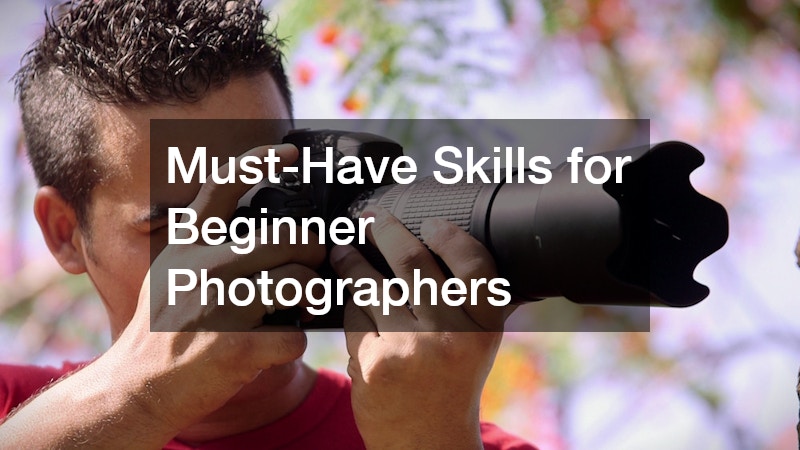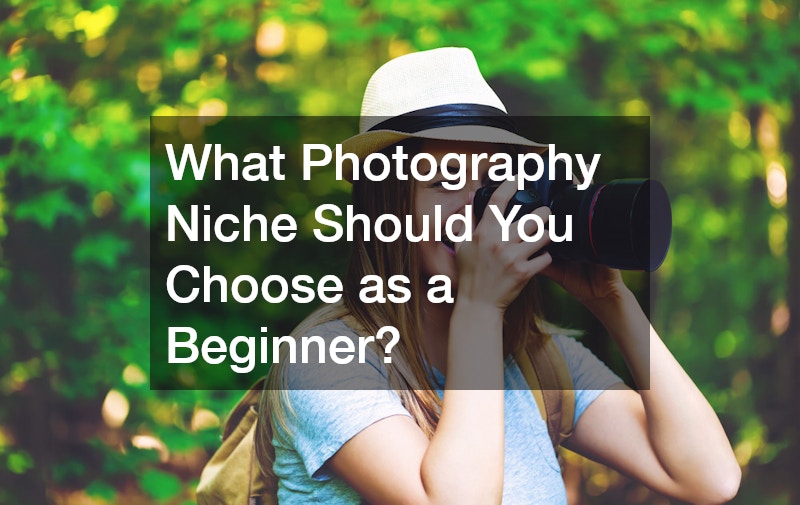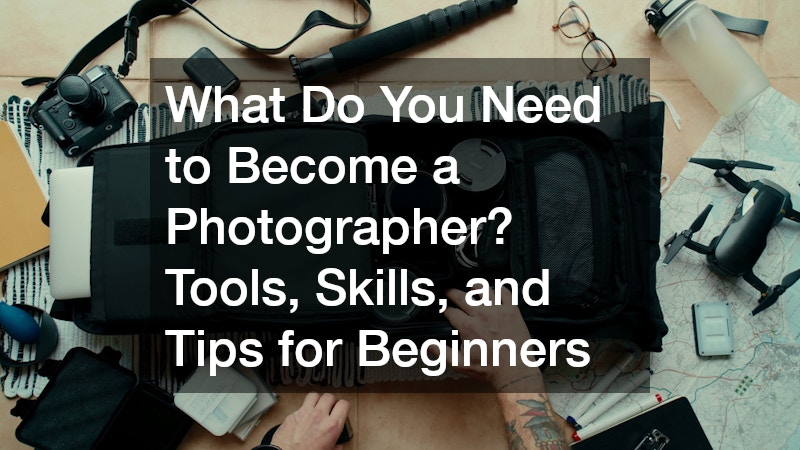Photography is more than just pointing a camera and pressing a button—it’s a blend of technical know-how, creative expression, and continual learning. Whether you want to capture beautiful landscapes, memorable portraits, or powerful editorial shots, getting started in photography requires more than just owning a camera.
If you’re wondering what you need to become a photographer, you’re not alone. Many photography enthusiasts are eager to know the essential tools, skills, and best practices to kickstart their journey. This guide breaks it down for you step-by-step—from gear and software to creative and business tips—so you can start capturing the world like a pro.
What Equipment Do You Need to Become a Photographer?
Every aspiring photographer begins with the basics, and your gear is one of the most important foundations. While professional equipment can be expensive, it’s not necessary to start with the top-tier models.
Here’s a basic gear checklist to get started:
- Camera: A DSLR or mirrorless camera is ideal for beginners. Popular models include Canon EOS Rebel, Nikon D3500, or Sony Alpha series.
- Lenses: Start with a kit lens (18-55mm), and as you grow, consider a 50mm prime lens for portraits or a wide-angle lens for landscapes.
- Tripod: Essential for stability, long-exposure shots, or low-light conditions.
- Memory cards & batteries: Always have spares on hand.
- Camera bag: Protects your gear and makes transportation easier.
- Editing software: Adobe Lightroom or Photoshop is the industry standard, but free alternatives like GIMP or Snapseed also work well.
You don’t need everything at once—start with the essentials and upgrade as your skills improve.
Must-Have Skills for Beginner Photographers

To truly grow as a photographer, you’ll need more than just technical tools. Developing core skills will make your photos stand out and give you confidence behind the lens.
Key skills to master:
- Understanding exposure: Learn the exposure triangle—ISO, aperture, and shutter speed—to control lighting.
- Composition: Study the rule of thirds, leading lines, and framing to create visually pleasing images.
- Lighting: Practice using natural and artificial light. Golden hour photography is a great place to start.
- Post-processing: Editing is where photos come to life. Learn color correction, cropping, and retouching.
- Observation: Train your eye to notice interesting details, patterns, or moments worth capturing.
- Patience and timing: Great shots often come with persistence, especially in wildlife, street, or event photography.
Invest time in online tutorials, YouTube channels, or photography courses to sharpen your abilities.
What Do You Need to Become a Professional Photographer?
So, you’ve got the gear and developing skills—but what if you want to take it to the next level and turn your passion into a profession?
Here are the things you’ll need to consider:
- Portfolio: Build a portfolio with your best work to showcase your style and range. Create a simple website or use platforms like Behance or Adobe Portfolio.
- Business knowledge: Learn the basics of marketing, invoicing, copyright, and client communication.
- Social media presence: Platforms like Instagram or Pinterest help you build a following and attract clients.
- Legal basics: Register your business, get liability insurance, and learn about model releases and contracts.
- Networking: Attend photography meetups, workshops, and collaborate with others in creative industries.
Understanding how to become a photographer also means learning how to run a small business effectively. Many successful photographers are entrepreneurs at heart.
Quick Tips to Boost Your Photography Journey
Ready to accelerate your progress? These tips will help you grow faster and avoid common beginner pitfalls.
- Shoot often: The more you shoot, the more you learn. Challenge yourself with daily or weekly photo projects.
- Study your mistakes: Review your shots and analyze what didn’t work and why.
- Use manual mode: Don’t rely on auto; manual settings give you creative control.
- Join photography communities: Feedback from peers is invaluable. Join Facebook groups, Reddit threads, or local clubs.
- Take online courses: Platforms like Skillshare, Coursera, and Udemy offer affordable and comprehensive classes.
Stay curious, and don’t be afraid to experiment with different genres—from street photography to macro to portraits.
What Photography Niche Should You Choose as a Beginner?

One of the most exciting parts of becoming a photographer is finding your niche. While it’s tempting to try everything, focusing on a specific area can help you develop faster and build a stronger portfolio. As a beginner, explore different styles and observe what excites you most.
Popular photography niches to explore:
- Portrait Photography – Ideal for people who enjoy working with individuals or families.
- Landscape Photography – Great for those who love nature and travel.
- Street Photography – Perfect for capturing candid moments in public spaces.
- Product Photography – A practical niche that’s in demand for e-commerce and marketing.
- Event Photography – Covers weddings, birthdays, and corporate functions.
- Wildlife Photography – Best for patient, adventurous photographers with access to nature.
Experimenting early on will help you discover where your passion truly lies and what gear or techniques are most relevant to that niche.
Final Thoughts: Your Path to Photography Starts Now
Becoming a photographer is an exciting journey filled with creativity, discovery, and constant learning. If you’re asking, “What do you need to become a photographer?”—the answer is a mix of gear, skills, passion, and patience. You don’t have to break the bank to start. Begin with what you have, invest in learning, and shoot regularly. Over time, your confidence and creativity will grow. Whether you’re capturing memories or building a business, your vision is what makes you a photographer.
